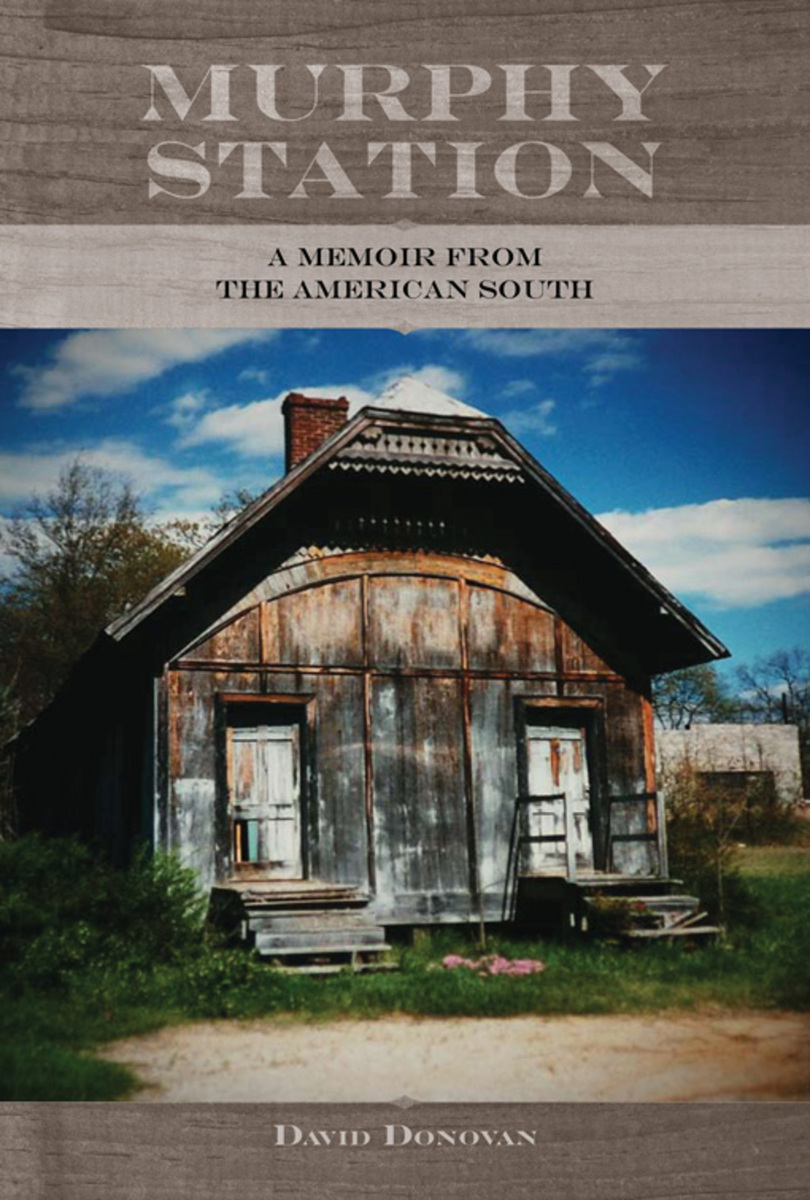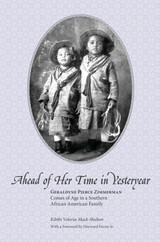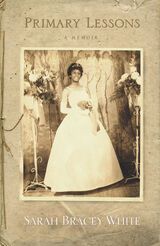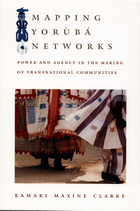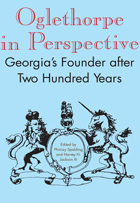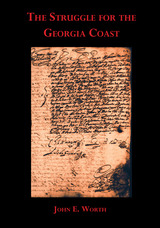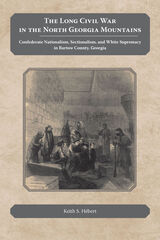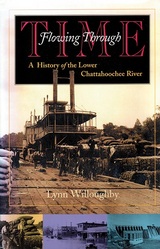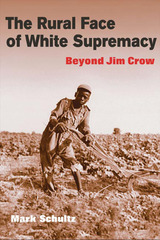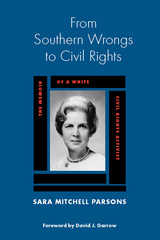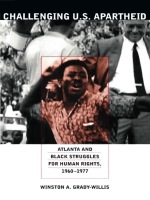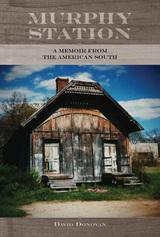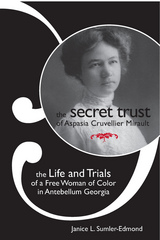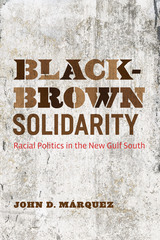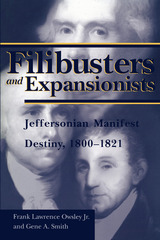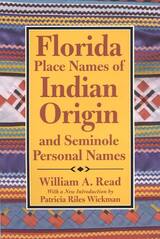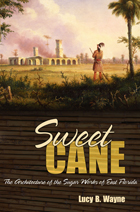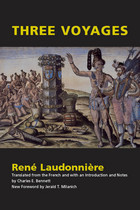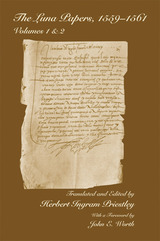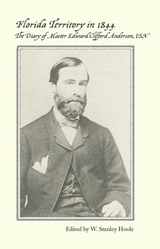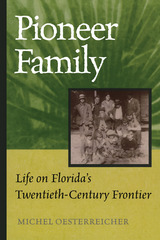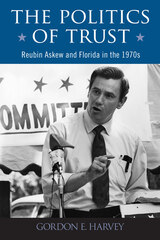eISBN: 978-1-57233-769-5 | Cloth: 978-1-57233-697-1
Library of Congress Classification F294.M96D665 2010
Dewey Decimal Classification 975.8253
In the southern Georgia of 1950, Murphy Station is a community marked only by two country stores, two Baptist churches, and a graveyard. Farming is the way of life, and segregation is in full force. Welcome to Deep Dixie.
David Donovan is a young white boy growing up in Murphy Station where even the best farmers are cash poor, and those who work for them, usually blacks, are poorer still. In adult conversation, the main topics are weather, crops, and politics. Within the last category, it’s agreed that the main threats facing America are two: communism and integration. So far as young Dave knows, this isn’t unusual, but already there are changes afoot. In this richly detailed memoir, laced with both humor and tragedy, we see how those changes affect Dave in subtle but ultimately profound ways.
Coming of age in a world with the axiom “no boy a chicken, no man a coward,” Dave has the sorts of boyhood adventures common to the rural South: exploits with firearms, encounters with angry animals, challenges from friends, and a growing interest in girls. As he has these adventures, he also works in the field alongside black farmhands, some of whom teach him vital lessons about the realities of their lives—lessons that begin to challenge the prejudices and preconceptions of his time and place.
By the late 1950s the civil rights movement has become a major force in the South; yet, as David enters high school in 1960 the customs of segregation still hold sway, persisting even when he leaves for college. In his first year away from home, he witnesses the national trauma of the Kennedy assassination, which blunts the promises of Camelot. In Vietnam a few years later, he sees those promises collapse entirely. Returning in 1970 to a Murphy Station much changed from what it was twenty years earlier, David Donovan finds himself transformed as well.
See other books on: Childhood and youth | Georgia | Memoir | Regional Studies | Rural
See other titles from University of Tennessee Press
